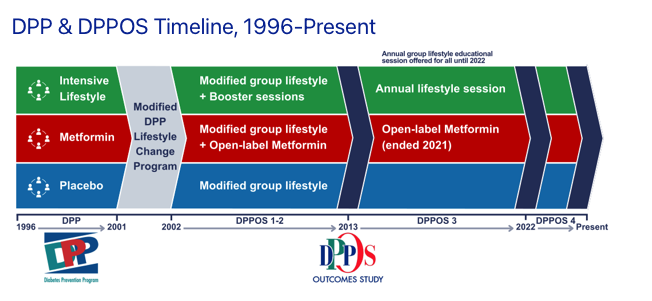House GOP unveils plan to raise debt limit by $4 trillion
House Republicans are moving forward with plans to raise the nation’s debt ceiling by $4 trillion as part of a larger plan to advance President Trump’s tax agenda. The proposal, which was included in legislative text unveiled by the House Ways and Means Committee on Monday, is in line with House instructions outlined in a...

House Republicans are moving forward with plans to raise the nation’s debt ceiling by $4 trillion as part of a larger plan to advance President Trump’s tax agenda.
The proposal, which was included in legislative text unveiled by the House Ways and Means Committee on Monday, is in line with House instructions outlined in a blueprint adopted by congressional Republicans last month that kicked off the process by which the party is using to enact Trump’s tax priorities.
Including the debt ceiling in the broader bill will allow Republicans to avoid Democratic demands for concessions in exchange for their votes to raise the debt limit. But tacking debt limit action onto the same vehicle they’re using for Trump’s tax plans could also put a tight time crunch on Republicans to pass the sweeping tax bill.
Treasury Department Secretary Scott Bessent is already calling on Congress to raise or suspend the debt ceiling by July to keep the federal government from defaulting on its more than $36 trillion debt.
In a letter to Speaker Mike Johnson (R-La.) on Friday, Bessent said there is “reasonable probability” the government’s “cash and extraordinary measures will be exhausted in August while Congress is scheduled to be in recess.”
There’s also a key difference in how both GOP-led chambers plan to address the debt limit in instructions for the budget framework Republicans adopted last month. While the House’s plans call for raising the debt limit by $4 trillion, the Senate’s instructions detail a $5 trillion increase to the debt ceiling.
Some Senate Republicans have argued the higher proposed figure would stave off the threat of default through the coming midterm elections. But not all Republicans were happy with the $5 trillion amount.
Other internal disagreements over proposed savings for the plan, including in areas such as reforms for Medicaid, have also emerged as challenges for House GOP leadership as it works to keep the party unified behind the sprawling package.























































































